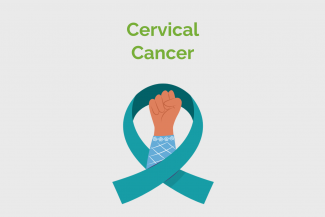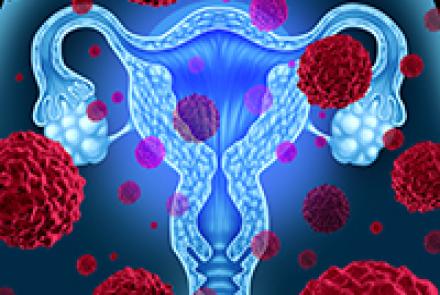Cervical cancer is the second-most common cancer among women. In 2012, 266,000 women died from cervical cancer globally. Approximately 80 per cent of cervical cancers occur in developing countries.

The following symptoms may occur but the early stages of cervical cancer may be asymptomatic (not have any symptoms) as well:
- Constant vaginal discharge which may be foul smelling, watery or bloody
- Vaginal discharge may be pink or brownish in colour
- Unusual vaginal bleeding in between menstruation, at menopausal stage and even after having intercourse
- Pelvic pain during intercourse or otherwise
- Menstruation period is heavier than the usual and lasts longer
Cervical cancer can spread to other parts of the body, especially to the organs closest to it such as the bladder, liver, intestines and even the lungs. Once cervical cancer has progressed to a higher stage, symptoms such as these may occur:
- Fatigue
- Leg and back pain
- Swollen leg
- Urine and faeces may leak from the vagina
- Poor appetite
- Pelvic pain
- Noticeable weight loss
Changed
05/Jan/2019
Community
Condition






